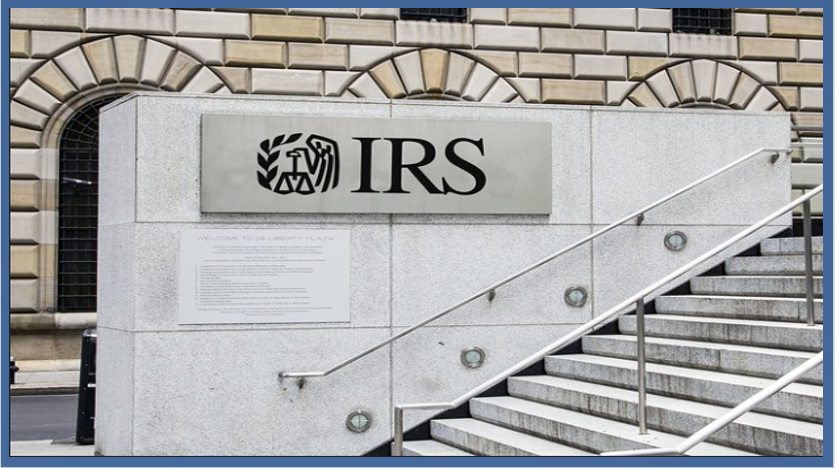Washington, D.C., April 2025 — Melanie Krause, the Acting Commissioner of the Internal Revenue Service (IRS), has resigned following the implementation of a controversial agreement between the IRS and U.S. Immigration and Customs Enforcement (ICE) that permits the sharing of immigrant tax data for immigration enforcement.
The agreement, formalized on April 7 through a Memorandum of Understanding between the Department of the Treasury and the Department of Homeland Security (DHS), authorizes ICE to request individual taxpayer information for immigrants under court-issued removal orders. The arrangement is grounded in 26 U.S.C. § 6103(i)(2), which allows law enforcement access to tax records for non-tax criminal investigations under court supervision.
The move was enabled by Executive Order 14161, signed by President Trump on January 20, 2025, directing all federal agencies to bolster data-sharing protocols to expedite the identification and deportation of undocumented immigrants deemed national security risks.
Krause, who had led the IRS in an acting capacity since February, stepped down on April 8, according to sources who spoke to The Associated Press on condition of anonymity. She is now enrolled in the Deferred Resignation Program under the Office of Personnel Management, which allows certain federal employees to exit their roles with paid leave as part of broader administrative reshuffling.
A source close to Krause was quoted by AP as saying she resigned because:
“She no longer feels like she’s in a position where she can impact the decision-making that’s happening… [and] some of the decisions that are being made now are things the IRS can never recover from.”
Critics Sound Alarm Over Privacy, Compliance Risks
The IRS has long maintained strict safeguards around taxpayer data, especially for undocumented immigrants, many of whom comply with U.S. tax law using Individual Taxpayer Identification Numbers (ITINs). Under Section 7217 of the U.S. Tax Code, the executive branch is prohibited from directly requesting individual taxpayer data. Violations are punishable by criminal penalties, including fines and imprisonment.
The new agreement, while invoking lawful channels under IRC Section 6103(i)(1), has raised alarm among privacy advocates and legal scholars. Tom Bowman, policy counsel at the Center for Democracy and Technology, warned in a statement:
“This initiative will discourage tax compliance among immigrant communities, weaken contributions to essential public programs, and increase burdens for U.S. citizens and nonimmigrant taxpayers. It also sets a dangerous precedent for data privacy abuse in other federal programs.”
Meanwhile, ICE Director Todd Lyons defended the agreement, claiming it would be applied only in “major criminal cases”, and aimed at immigrants who are “hiding in plain sight” while fraudulently accessing federal benefits.
Internal Dissent and More Resignations Expected
The IRS, historically apolitical in its enforcement and data handling, now faces mounting internal dissent. Reports suggest that Chief Privacy Officer Kathleen Walters and other senior officials are considering resignation in protest of what they see as politicized data sharing.
Legal experts from the Tax Law Center at NYU have warned that although technically permissible under court order, this kind of data exchange contradicts the spirit of IRS confidentiality and may open the door to future misuse.
This incident highlights rising tensions between federal law enforcement priorities and long-standing institutional protections surrounding personal financial data. The long-term impact on immigrant tax compliance, trust in federal agencies, and data privacy remains to be seen.
Sources:
- Sabine Haddad, Jurist.org, New York Law School, April 2025
- The Associated Press, April 2025
- U.S. Tax Code, 26 U.S.C. §§ 6103, 7217
- Center for Democracy and Technology Press Statement, April 2025
- Executive Order 14161, White House Archives, January 2025
IRS Office Picture on Flickr by Alpha Photo



